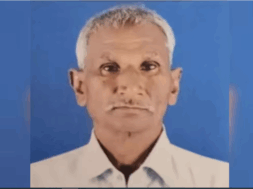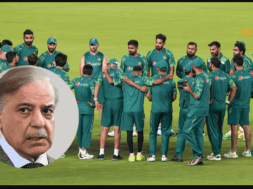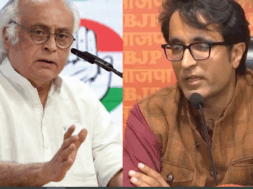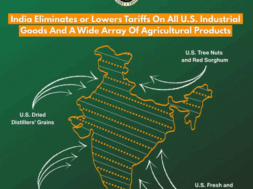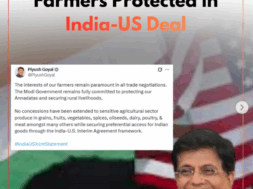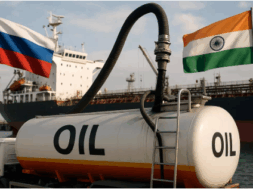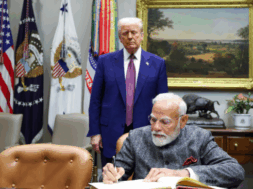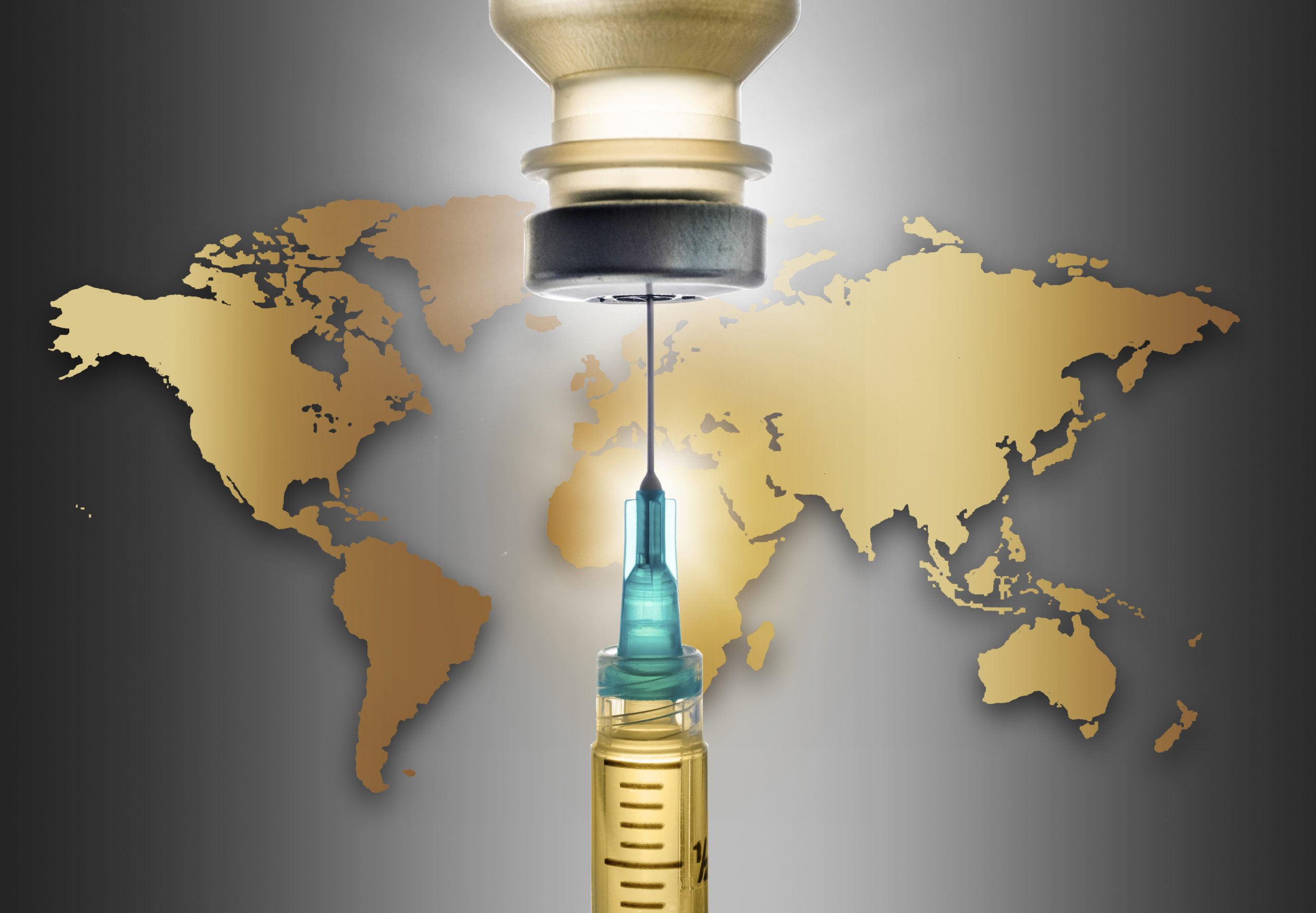
Covid-19: Foreign vaccine-makers say no to Indian states; to deal only with Centre
Virendra Pandit
New Delhi: Nearly a dozen Indian states, which tried to import Covid-19 vaccines directly from multinational manufacturers and also floated global tenders, got a setback when these companies said they will directly deal with the Centre, not individual states.
These states, including non-BJP run governments, had accused the Centre of “bias” in the allocation of vaccines and demanded permission to import vaccines directly from manufacturers. A reluctant Centre also permitted them. But when they floated tenders, the companies refused to deal with them, bypassing the Centre.
They did not realize the complex issues involved in an Indian state directly importing vaccines from overseas.
Media reported on Monday that the US multinational pharmaceutical giant Moderna has declined the Punjab Government’s request for a direct supply of doses of Covid-19 vaccines. The company, which is the second biggest vaccine supplier in the US after Pfizer, said it will ‘only deal with Government of India’.
The Punjab government was negotiating with top vaccine makers for direct supply to the state from companies like Moderna, Pfizer-BioNTech, Johnson & Johnson and Russia’s Sputnik V manufacturers.
Delhi Chief Minister Arvind Kejriwal regretted that Pfizer and Moderna have refused to sell vaccines directly to the states. He appealed to the Centre to import vaccines and distribute them to the states.
Global vaccine-makers are already flooded with orders to supply shots to nearly 200 countries. They count member countries and territories of the United Nations as a single territory each. Besides, they are also dealing with complex issues involved in multilateral supply chain arrangements via the World Health Organization (WHO), and crucial matters like the Intellectual Property Rights (IPRs) and the World Trade Organization (WTO), sources said.
Due to this reason, they can, at best, deal with India as one unit, and only through the Government of India, instead of stretching the list of importers by adding individual states and complicating matters.
In addition, American and European companies are also under pressure to renegotiate not only prices but also IPR issues involved after US President Joe Biden’s Administration launched efforts to relax stringent rules to ease vaccine supplies and decentralize the production of shots.
Meanwhile, the Centre has refuted reports that it did not place early enough the orders to import the vaccine doses required. “India is unlike many other nations which do not make vaccines. The issue with the Centre was to import only as many additional doses for the ongoing vaccination drive as would be required until India’s own vaccine makers ramped up their production capacities in the next couple of months,” said the sources.
Reports that India’s vaccine orders to import 116 million doses covered only 4 per cent of its population were also “misleading” as the Centre’s national vaccine strategy is to produce or access two billion doses between August and December 2021.
Some countries, like Canada, have placed orders to procure more vaccine shots than they actually need—because of the supply chain bottlenecks. Canada had placed orders to import over 330 million shots which would have covered its entire population (38.3 million) many times over. But it still sought more vaccine doses through the global COVAX initiative, meant for the poorer countries for vaccine supplies through the WHO and other global bodies.
Canada had to do this because of hold-ups in vaccine supplies due to a variety of reasons.

